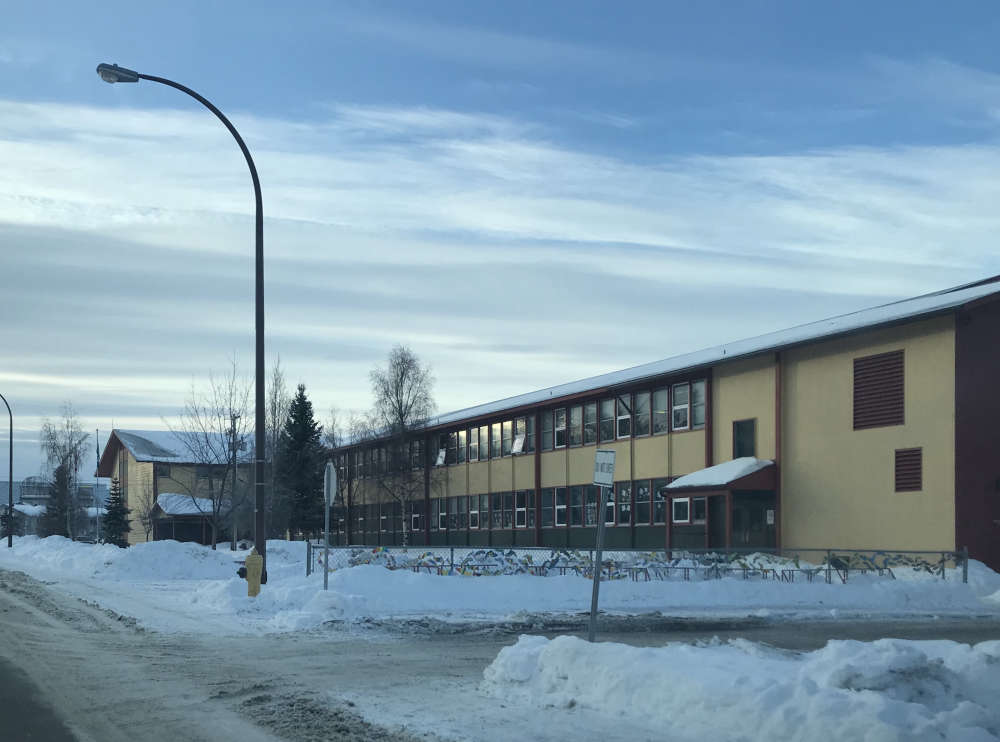
“I’m very very excited about it,” says Melanie Bennett.
Tomorrow is the last day for voting in the Yukon First Nation School Board referendum.
Eight schools across the territory will decide whether or not they join the board.
A 2019 auditor general of Canada report on education in the Yukon found that the territory’s department of education had not identified why First Nations students have a lower high school graduation rate than other students. It also revealed that the government of Yukon wasn’t doing enough to provide education programs that reflect First Nations culture and languages.
Earlier this month, the Yukon Legislative Assembly’s Standing Committee on Public Accounts held a public hearing with the Yukon Chiefs Committee on Education appearing as a witness to discuss whether or not any progress has been made towards improving educations since the 2019 report.
Melanie Bennett of the Tr’ondёk Hwёch’in First Nation is the executive director of the Yukon First Nation Education Directorate and a technician on the Yukon Chiefs Committee on Education.
After the hearing, she told CHONfm that she hasn’t seen any reasonable change so far, but she is optimistic that if the First Nation School Board comes to fruition, things will get better.
“The First Nation School Board agreement has great hope from the First Nations that it will be the process that will change some of those outcomes and build a really strong model that will celebrate not just one world view but all world views,” said Bennett.
Kari Johnston lives in Haines Junction, where St. Elias Community School is participating in the referendum. She already voted in favor of the board.
“This really looks like it’s an opportunity for our community to grow, and to grow together, and to move forward with steps toward reconciliation,” Johnston told CHONfm.
Johnston has a daughter who is just about to turn three. She hopes a First Nation School Board will mean a better education for her child when she heads off to school.
“We’re in an opportunity for transformation here in our education system and we see report after report after report indicating that Yukon’s education system is failing Yukon First Nations and it’s failing many of our rural Yukon kids, so any opportunity to transform those things and build something together out of two world views is really a lesson for the word,” said Johnston.
Bennett believes that even if the vote creates the new school board, there will always be more work to be done when it comes to education.
“I think it’s the first phase and first stage for some First Nations to have more local authority and control in regards to the delivery of education to their Indigenous children. It’s the first step and we need to just fully support it. I’m verry very excited about it,” said Bennett.
The full list of schools that could potentially be a part of the First Nation School Board are:
- Chief Zzeh Gittlit School in Old Crow
- Grey Mountain Primary School in Whitehorse
- J.V. Clark School in Mayo
- Johnson Elementary School and Watson Lake Secondary School in Watson Lake
- Nelnah Bessie John School in Beaver Creek
- Ross River School in Ross River
- St. Elias Community School in Haines Junction
- Takhini Elementary School in Whitehorse
After all of the ballots are counted, if any school decides to join the board, an election will be held to appoint trustees.
The unofficial results are expected from Elections Yukon after 4pm tomorrow.
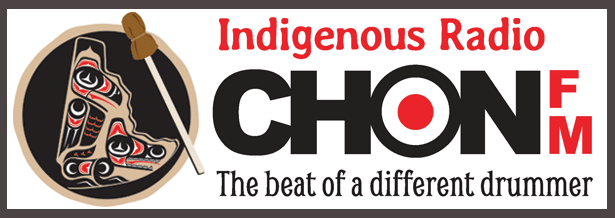

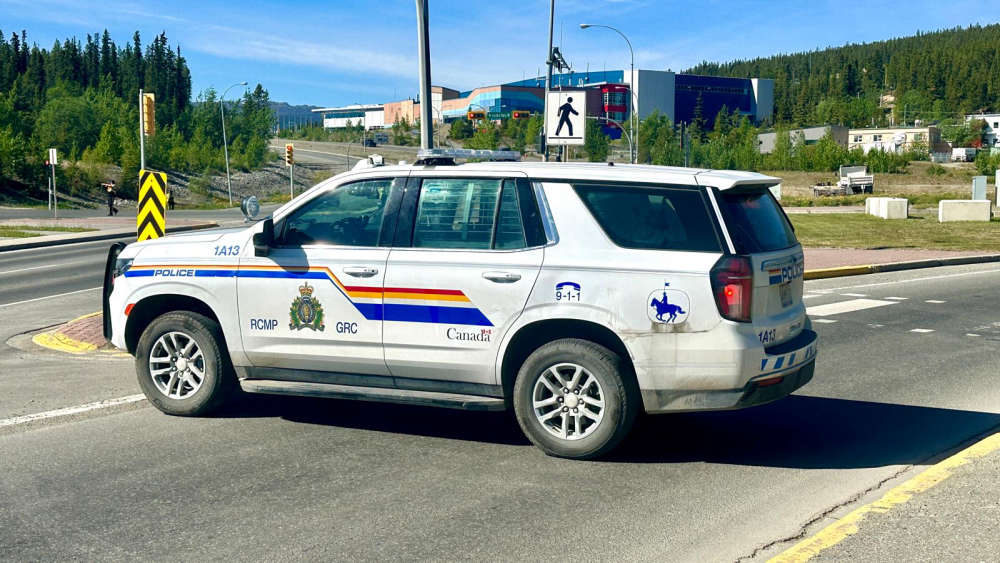 B.C. man, two Watson Lake residents arrested on warrants in Whitehorse
B.C. man, two Watson Lake residents arrested on warrants in Whitehorse
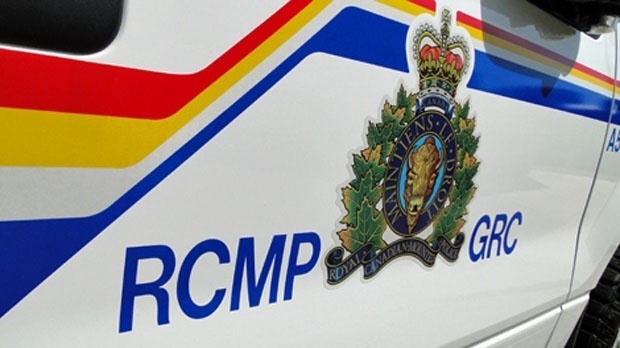 Ross River RCMP arrest two men in separate, unrelated investigations involving stolen rifles
Ross River RCMP arrest two men in separate, unrelated investigations involving stolen rifles
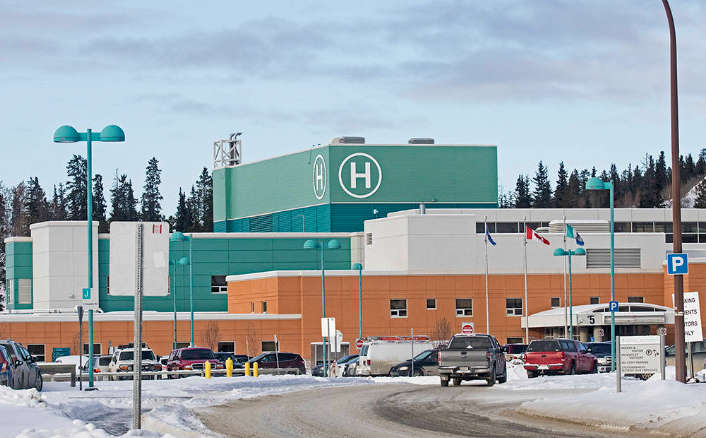 Medical Staff Association president raise "significant concerns" surrounding acute care at Whitehorse General
Medical Staff Association president raise "significant concerns" surrounding acute care at Whitehorse General
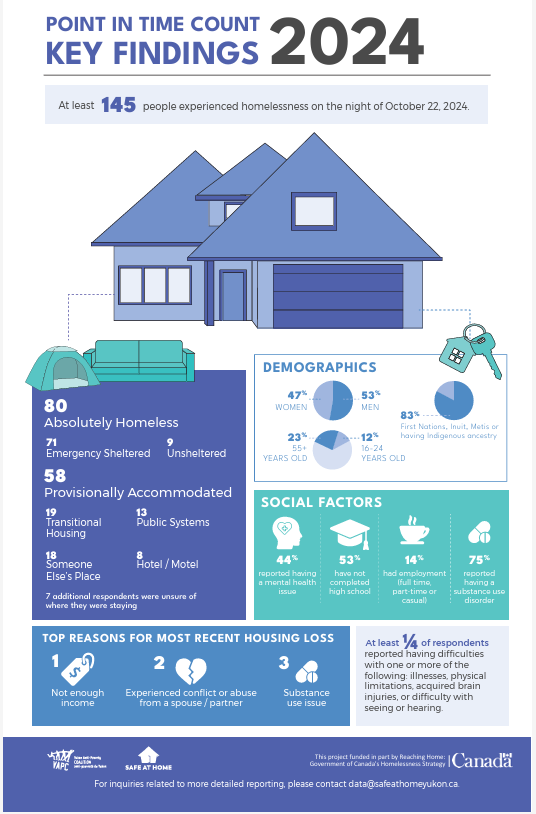 Whitehorse count indicates 83 per cent of homeless in 2024 were Indigenous
Whitehorse count indicates 83 per cent of homeless in 2024 were Indigenous
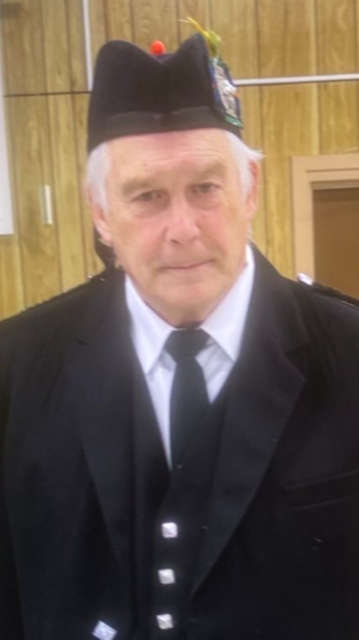 Whitehorse RCMP seek public's help in locating missing 73-year-old man
Whitehorse RCMP seek public's help in locating missing 73-year-old man
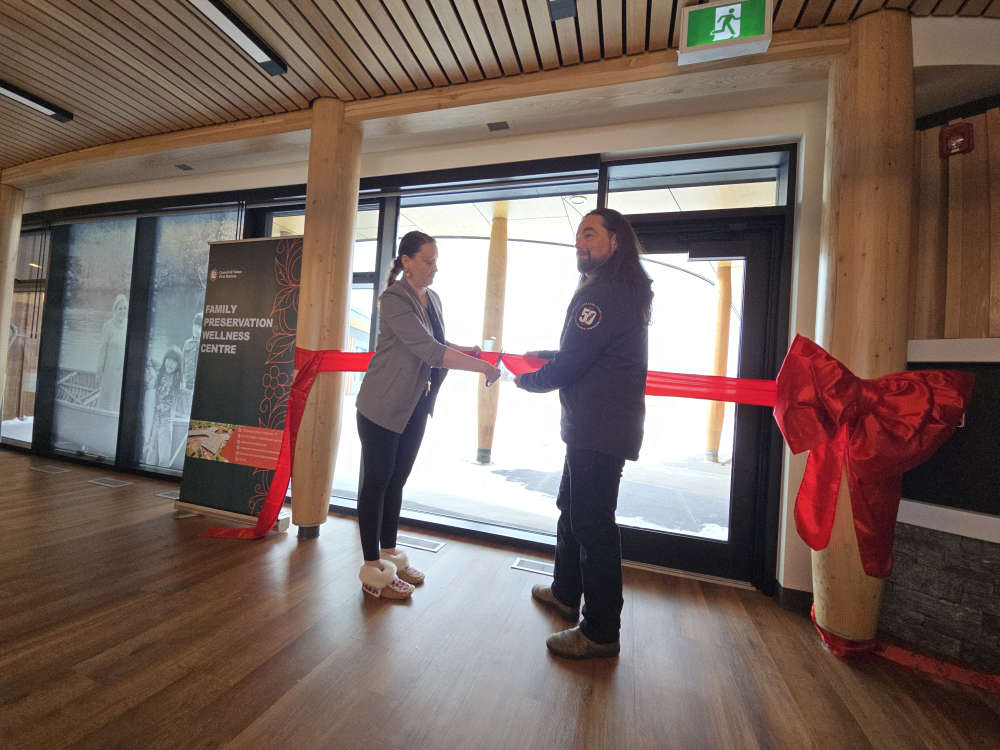 CYFN opens new wellness centre in Whistle Bend
CYFN opens new wellness centre in Whistle Bend
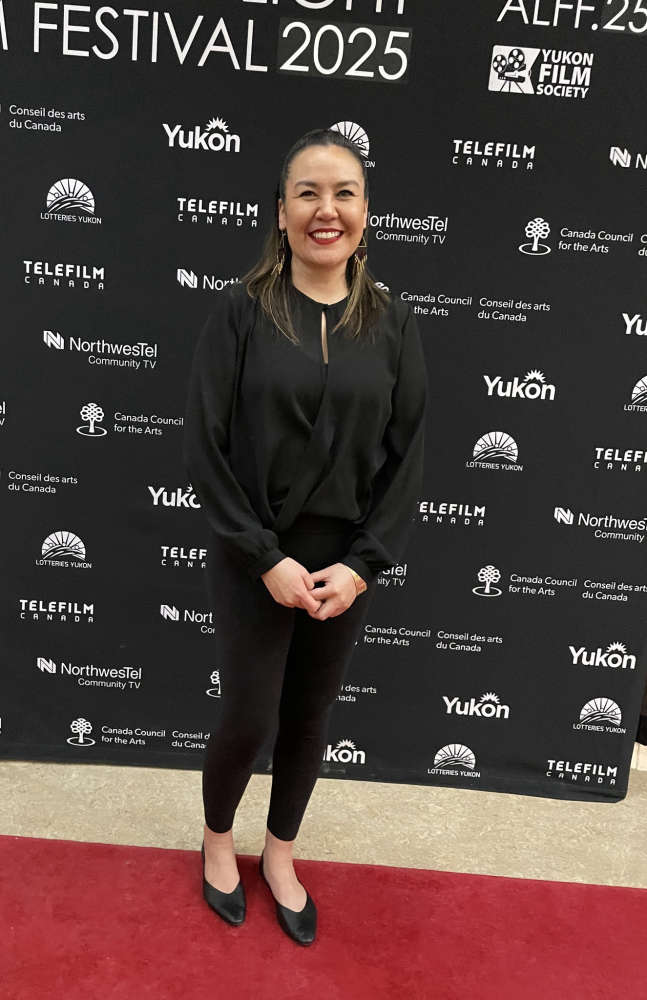 'Old Crow a Philosophy' makes global premiere at YAC
'Old Crow a Philosophy' makes global premiere at YAC
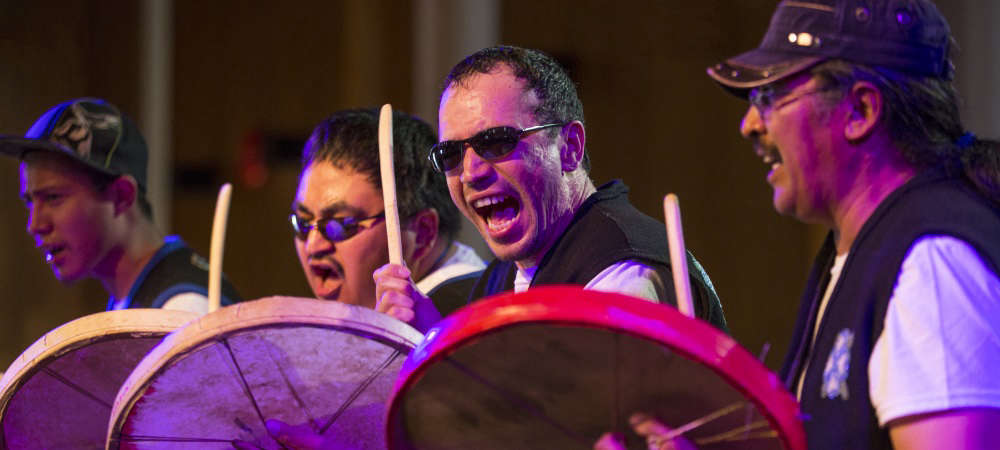 Yukon First Nations Culture and Tourism Association cancels events for 2025, including Adäka Festival
Yukon First Nations Culture and Tourism Association cancels events for 2025, including Adäka Festival
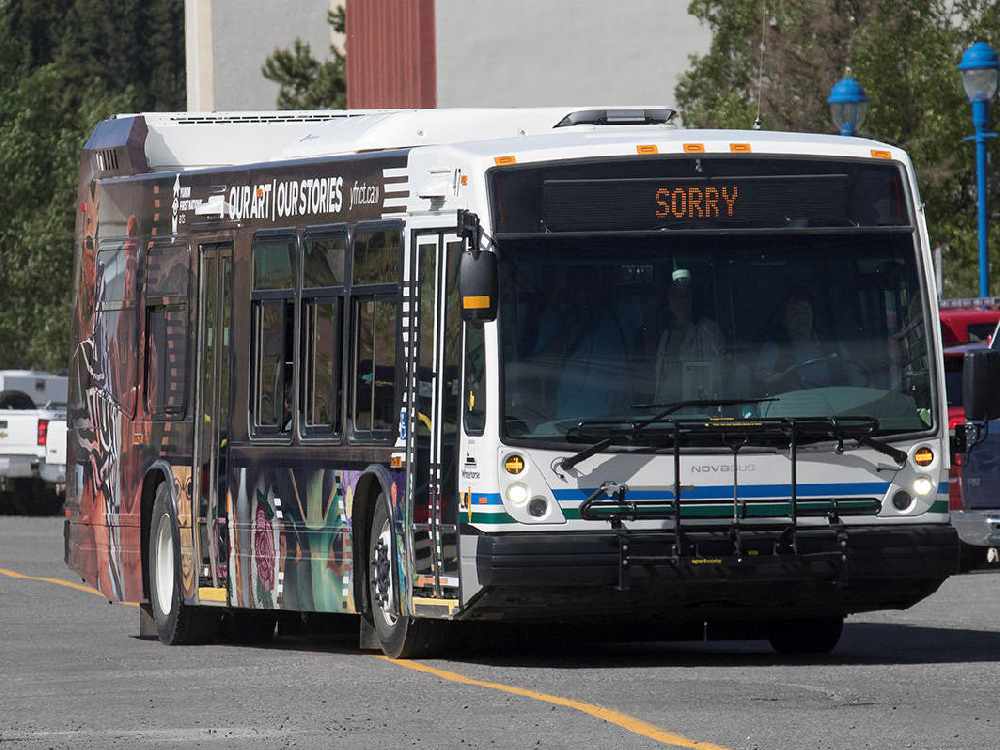 Whitehorse residents and Yukon NDP speak out against a proposed transit fare hike
Whitehorse residents and Yukon NDP speak out against a proposed transit fare hike
 Diane Strand wins Haines Junction mayoral byelection
Diane Strand wins Haines Junction mayoral byelection
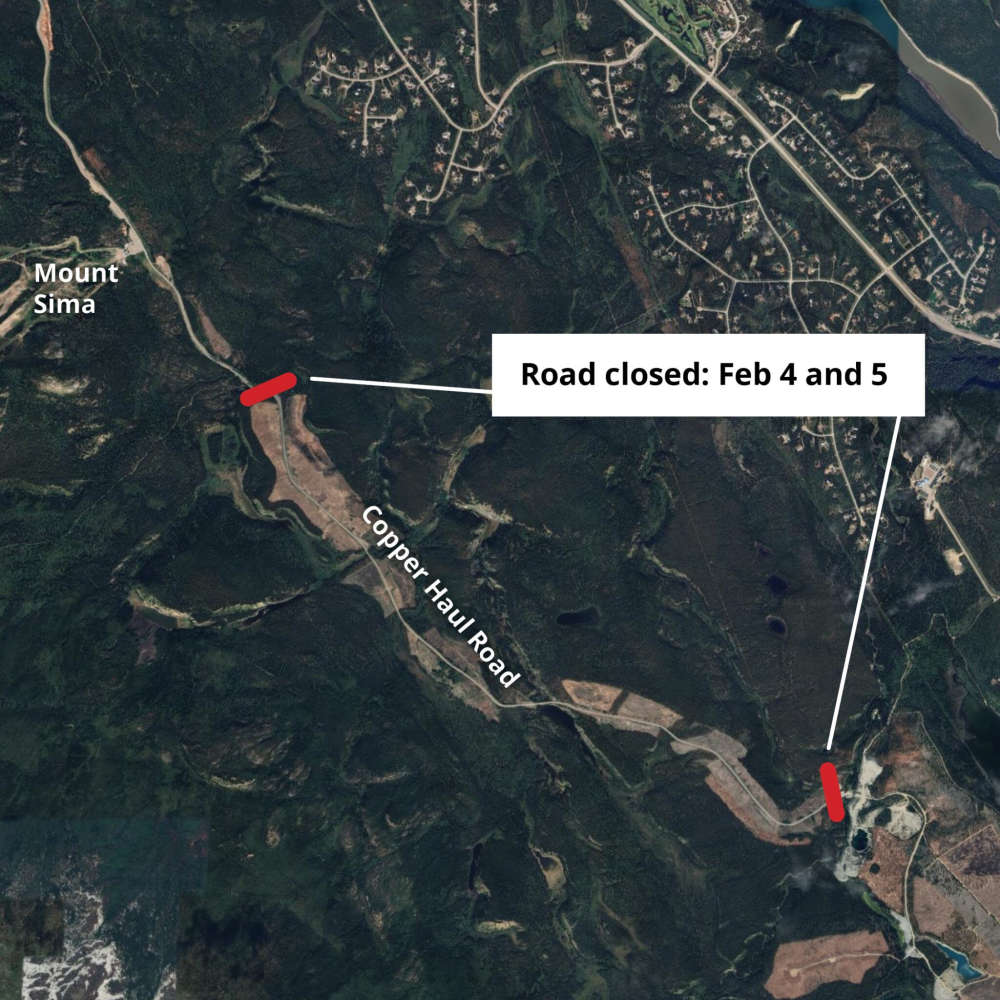 Copper Haul Road closure announced for bridge repairs
Copper Haul Road closure announced for bridge repairs
 Yukon Government and Canadian Government partner to boost local businesses
Yukon Government and Canadian Government partner to boost local businesses
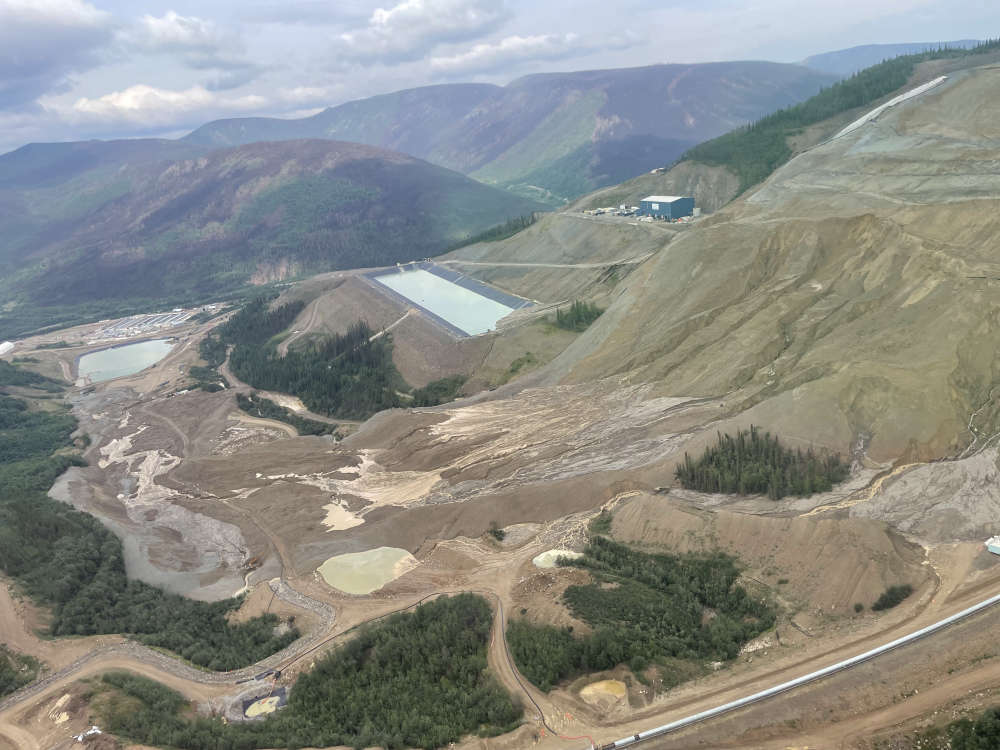 Yukon NDP hosts virtual mining discussion
Yukon NDP hosts virtual mining discussion
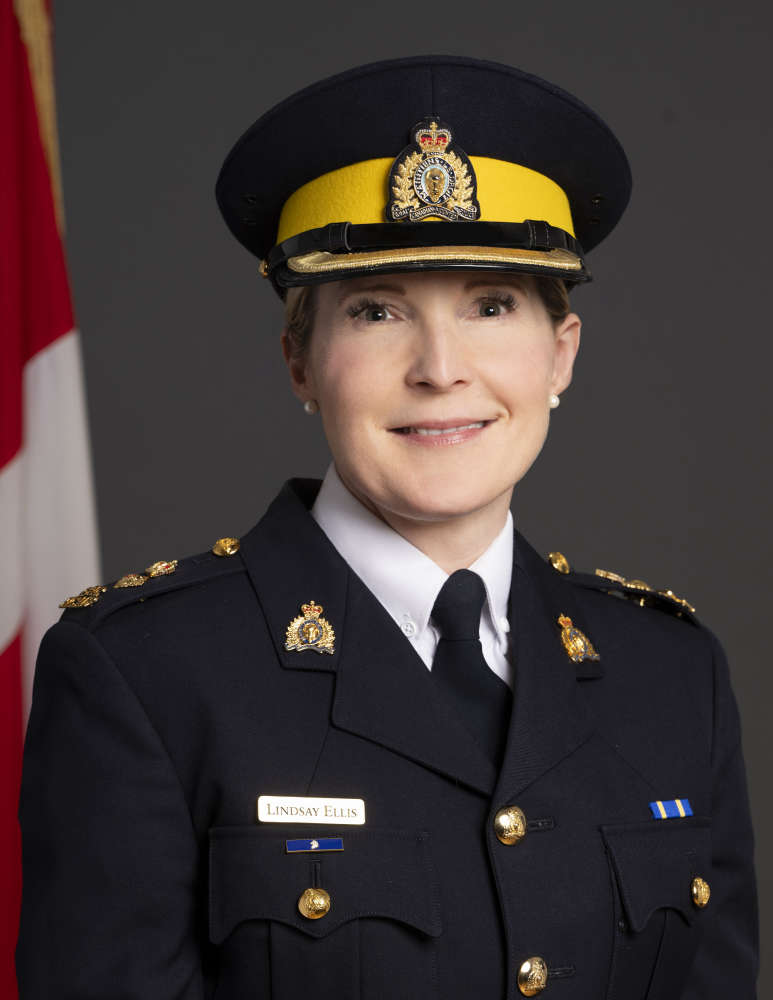 Chief Superintendent Lindsay Ellis Becomes Yukon RCMP M Division's First Female Commanding Officer
Chief Superintendent Lindsay Ellis Becomes Yukon RCMP M Division's First Female Commanding Officer
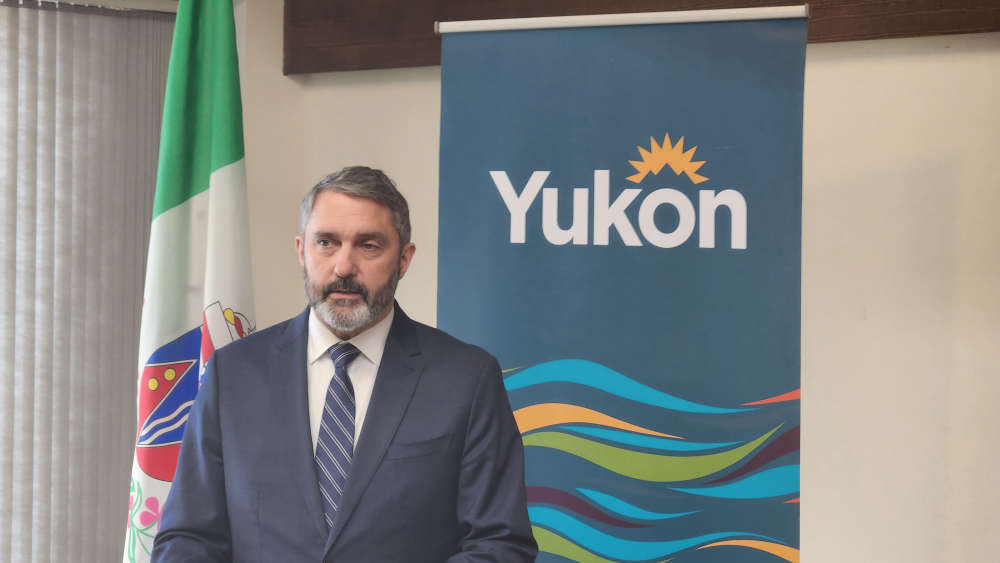 Yukon Ombudsman threatens legal action in response to finance minister's meddling
Yukon Ombudsman threatens legal action in response to finance minister's meddling
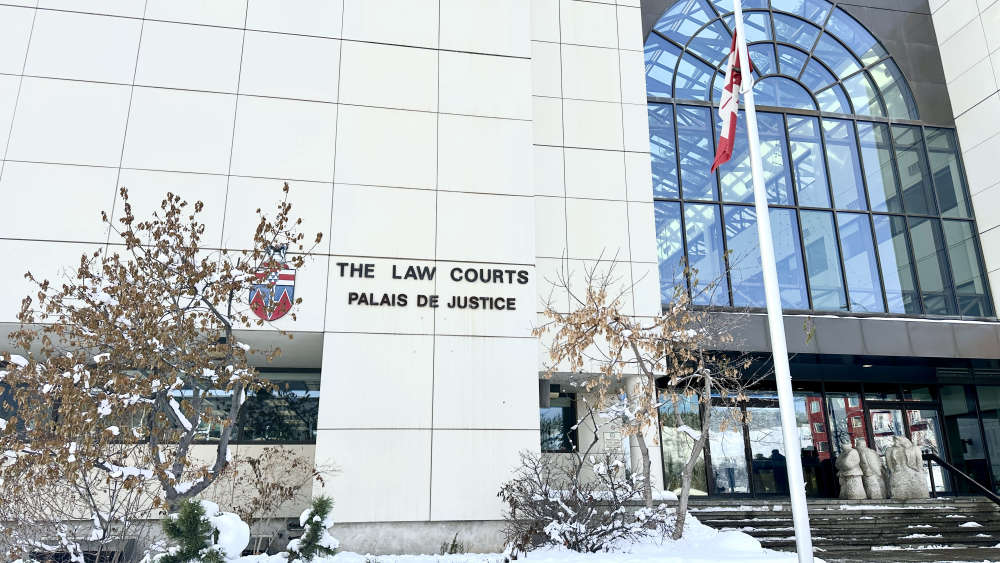 Families sue Yukon Government and Connective after loved ones die at downtown shelter
Families sue Yukon Government and Connective after loved ones die at downtown shelter
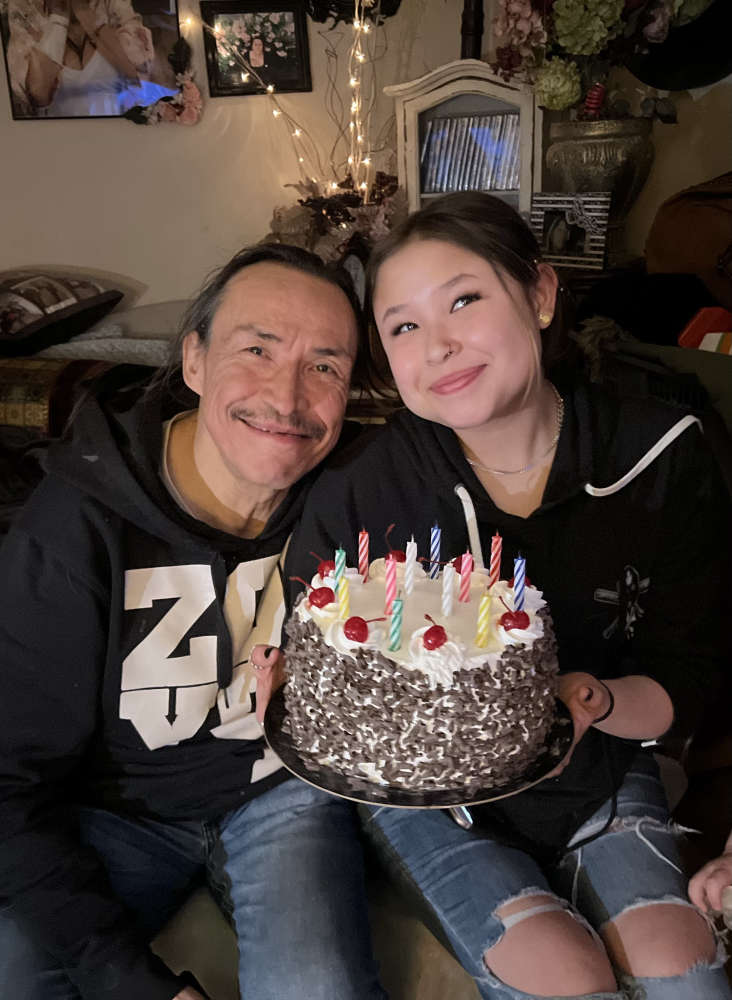 Daughter demands answers after second family member dies at 405 Alexander
Daughter demands answers after second family member dies at 405 Alexander